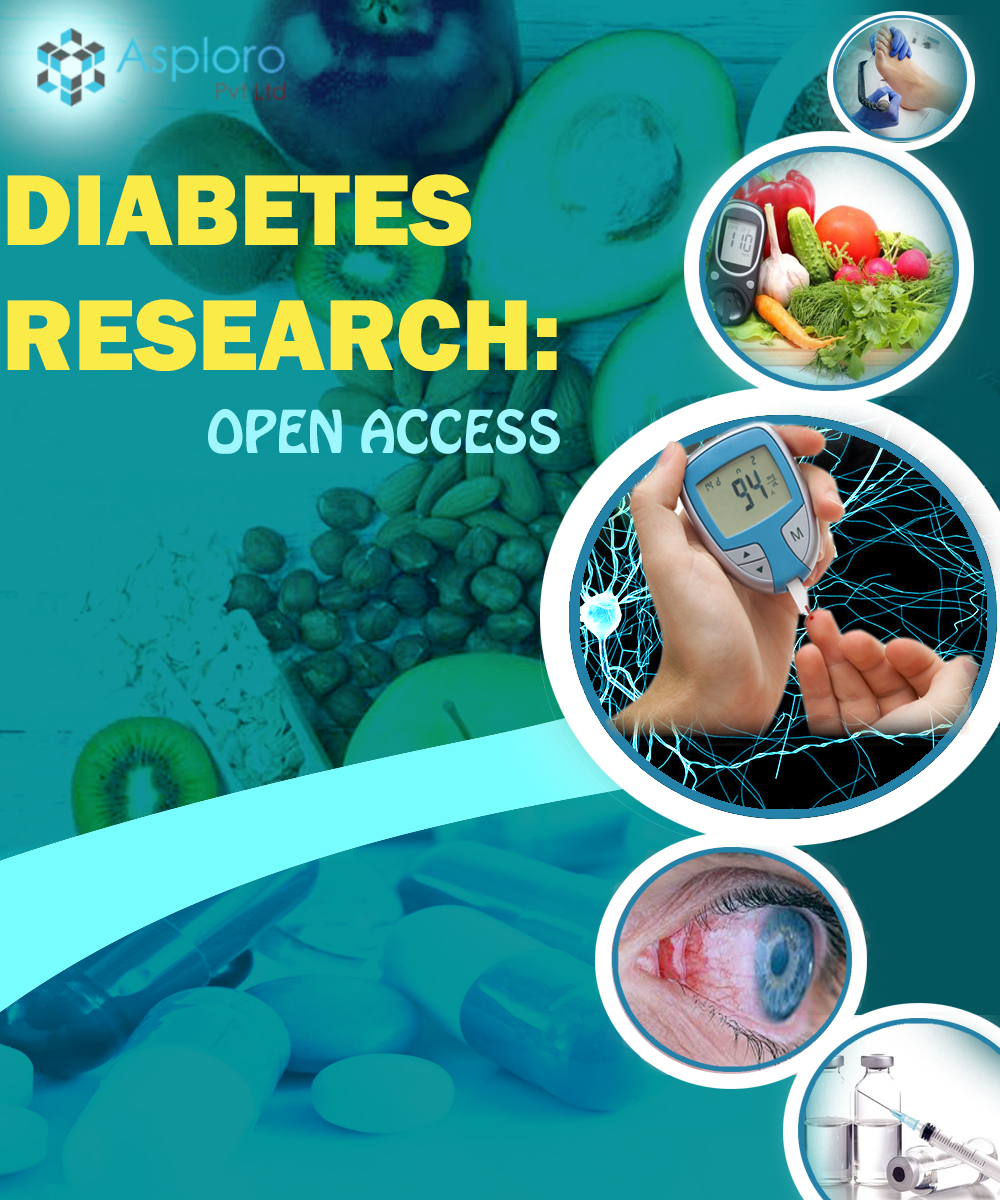Every month, I’ll be highlighting Diabetes research that is going on RIGHT NOW! Harvested from different websites, journals and podcasts, I’ll translate them into understandable English and share them with you. Today: A new drug helps delay the onset of full-scale Type 1 Diabetes by as much as two years…
“Until now, the only real therapy for patients has been a lifetime of insulin replacement. This new therapy targets and helps to halt the autoimmune process that leads to the loss of insulin.” MARK S. ANDERSON, MD, PHD; Director of the University of California – San Francisco Diabetes Center
Last November, the FDA approved the use of a new drug brand named, Teplizumab that has prevented the onset Type 1 diabetes in a unique way.
Rather than frantically trying to replace insulin, this new drug actually targets the CAUSE of Type 1 diabetes – the death of the cells in the pancreas that MAKE insulin.
When I was diagnosed with Type 2 diabetes – and blaming myself for being a big, fat blob, and if I only…Naturally, I started to think about a very old friend of mine, who passed away a little over a year after he was Best Man in my wedding.
He’d been struggling with – and ignoring his Type 1 diabetes (then called Juvenile Onset Diabetes) for years. Ignoring it was what eventually led to his death as he refused to act like there was every reason he could live to a ripe old age – for the sake of his two kids (at the time, one of them unborn!)
He felt crippled by the disease; he felt cheated because, based on the medical knowledge of his condition in the late 1980s, and despite the fact that in 1974, two teams showed that insulin-dependent diabetes is associated with the development of antibodies directed against insulin-producing beta cells in the pancreas – the kind of diabetes once known as Juvenile Onset diabetes was an autoimmune disease.
In this third decade of the 21st Century, we know quite a bit more than we did then. We now know that besides the islet cell antibodies, that were associated with T1D there are four other antibodies connected with the disease.
The number of these five antibodies in total is what causes T1D, and the presence of some of them MIGHT be a cause of Type 2 Diabetes (T2D). The antibodies?
ICA: Islet Cell Autoantibodies (the cells in the pancreas that actually MAKE insulin are called the “Islets of Langerhans”), the body reacting against them, destroying them, is what causes T1D. Besides ICA are the following:
IAA: Insulin Auto-Antibodies
GAA/GAD: Glutamic Acid Decarboxylase
IA2/ICA512: Insulin Auto-Antibody 2, and Insulin C-peptide Antibody512
These have all been identified in patients newly diagnosed with T1D.
Why does knowing this make any difference at all?
Researchers also found out that it’s not JUST the antibodies themselves. It’s HOW MANY types the patient has. They think that once they know what’s there, they can better predict the progression to insulin-dependent diabetes (where you have to inject yourself with daily insulin).
The “red letter day” for the new drug, now called Teplizumab, was a “…trial that showed that a single 14-day dose delayed the onset of type 1 diabetes in children and adults by an average of two years in pre-symptomatic patients.”
AMAZING!!!! If only my friend had lived to today.
Does this have any ramifications to my own T2D? Count on me doing a bit research – and even finding out if T2D is an autoimmune response and if this might work for us…
GAA/GAD: Glutamic Acid Decarboxylase
IA2/ICA512: Insulin Auto-Antibody 2, and Insulin C-peptide Antibody512
These have all been identified in patients newly diagnosed with T1D.
Why does knowing this make any difference at all?
Researchers also found out that it’s not JUST the antibodies themselves. It’s HOW MANY types the patient has. They think that once they know what’s there, they can better predict the progression to insulin-dependent diabetes (where you have to inject yourself with daily insulin).
The “red letter day” for the new drug, now called Teplizumab, was a “…trial that showed that a single 14-day dose delayed the onset of type 1 diabetes in children and adults by an average of two years in pre-symptomatic patients.”
AMAZING!!!! If only my friend had lived to today.
Does this have any ramifications to my own T2D? Count on me doing a bit research – and even finding out if T2D is an autoimmune response and if this might work for us…
Link: https://www.ucsf.edu/news/2022/12/424496/ucsf-research-crucial-approval-breakthrough-diabetes-therapy#:~:text=The%20FDA's%20approval%20of%20Teplizumab,a%20lifetime%20of%20insulin%20replacement. , https://www.jdrf.org/blog/2020/12/09/aha-autoimmune-disease/#:~:text=It%20was%20all%20diabetes.,beta%20cells%20in%20the%20pancreas.&text=This%20was%20instrumental%20in%20establishing,T1D)%20as%20an%20autoimmune%20disease. https://pubmed.ncbi.nlm.nih.gov/18176860/#:~:text=The%20first%20antibodies%20described%20in,ICA512)%20have%20all%20been%20defined.

No comments:
Post a Comment